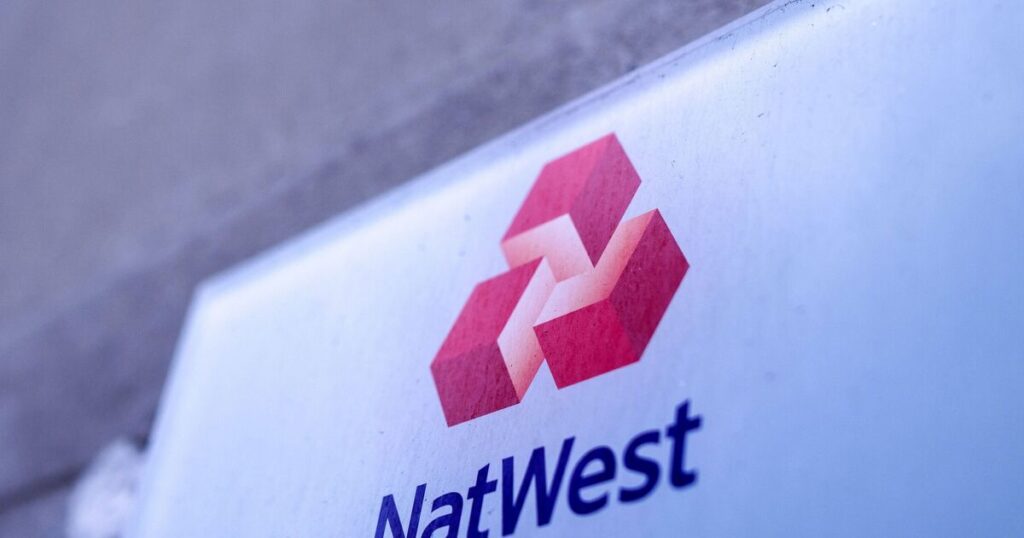
NatWest has launched a family-backed mortgage to help to help first-buyers boost their spending power by combining incomes with a family member or friend.
The NatWest Family-Backed Mortgage allows a first-time buyer to add a family member or friend as a guarantor on their mortgage. For example, where the buyer earns £28,000 a year and the family member or friend earns £45,000, the buyer would have a maximum borrowing potential around £246,000. They would need a 10% deposit to secure the mortgage so would have a property budget of around £273,000.
Without the family mortgage, the buyer could borrow 4.5 times their income but would only be able to borrow £124,450, so would have a property budget of around £137,000.
The family member or friend willl be have to get independent legal advice before entering into the agreement.
Barry Connolly, managing director of Homebuying at NatWest, said: “The launch of the Family-Backed Mortgage boosts the borrowing power of prospective homeowners by enabling them to combine incomes with a family member or friend, while retaining independence to own a home in their own name.”
With the average UK home now costing just over £273,000, a typical first time buyer will need a deposit of around £60,000 to get a foot on the housing ladder.
A guarantor mortgage is a mortgage for someone who does not meet the lending criteria on their own, but who a lender is happy to make a loan to on condition that a third-party acts as a guarantor.
If the borrower runs into problems, the lender can ask the guarantor to make up any shortfall in repayments.
The guarantor’s own home is at risk if the new borrower falls into arrears.
Guarantor mortgages normally appeal to borrowers who have small or no deposits, who are on a low income and/or who have a poor or non-existent credit record.
Lenders will still carry out affordability checks on the borrower and they shouldn’t agree to a mortgage if they think the borrower will struggle. But if the lender has a few doubts about the borrower’s long-term ability or simply doesn’t have quite enough information to be 100% confident about granting the loan, having a guarantor on board can be the clincher.
A guarantor will also be credit checked to ensure they are a responsible borrower in the event that they have to make repayments on the borrower’s behalf.
All guarantors must be homeowners in their own right. Some lenders expect them to have paid off their own mortgages in full, although other lenders are less strict about this.
Family deposit (or family offset) mortgages
These are different to the above because they link the mortgage to a savings account.
By depositing money into an account linked to the borrower’s mortgage, a family member’s savings can be offset against the mortgage, making repayments more manageable. Normally the borrower will need a deposit of at least 5% of their own.
Once enough time has elapsed, or enough of the mortgage has been repaid, the family member will then get their money returned in full, and often with interest.
 Latest World Breaking News Online News Portal
Latest World Breaking News Online News Portal






